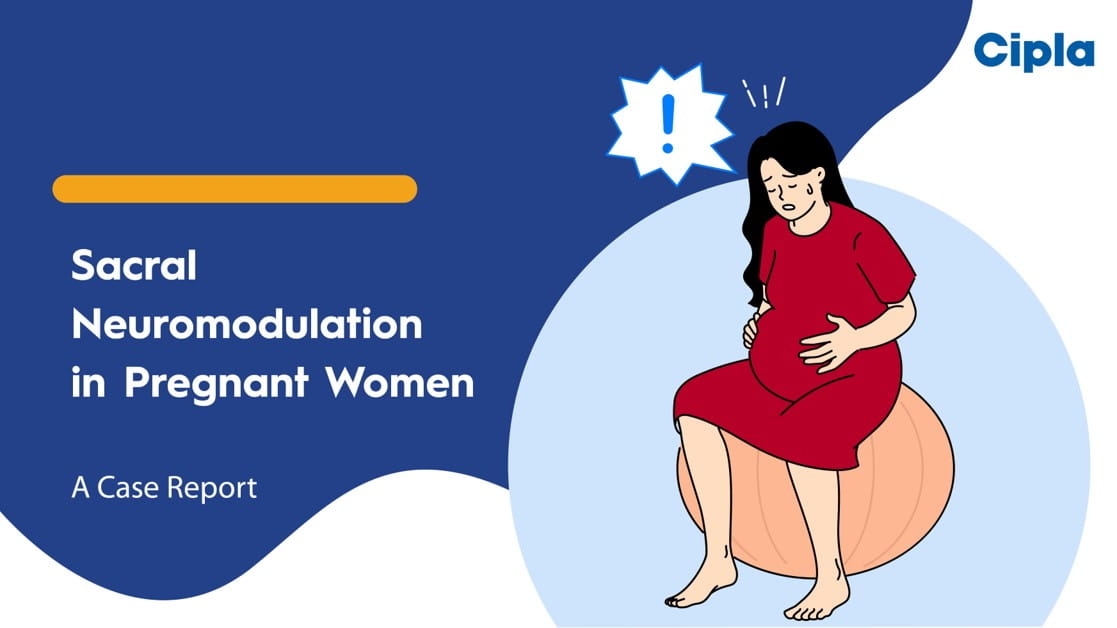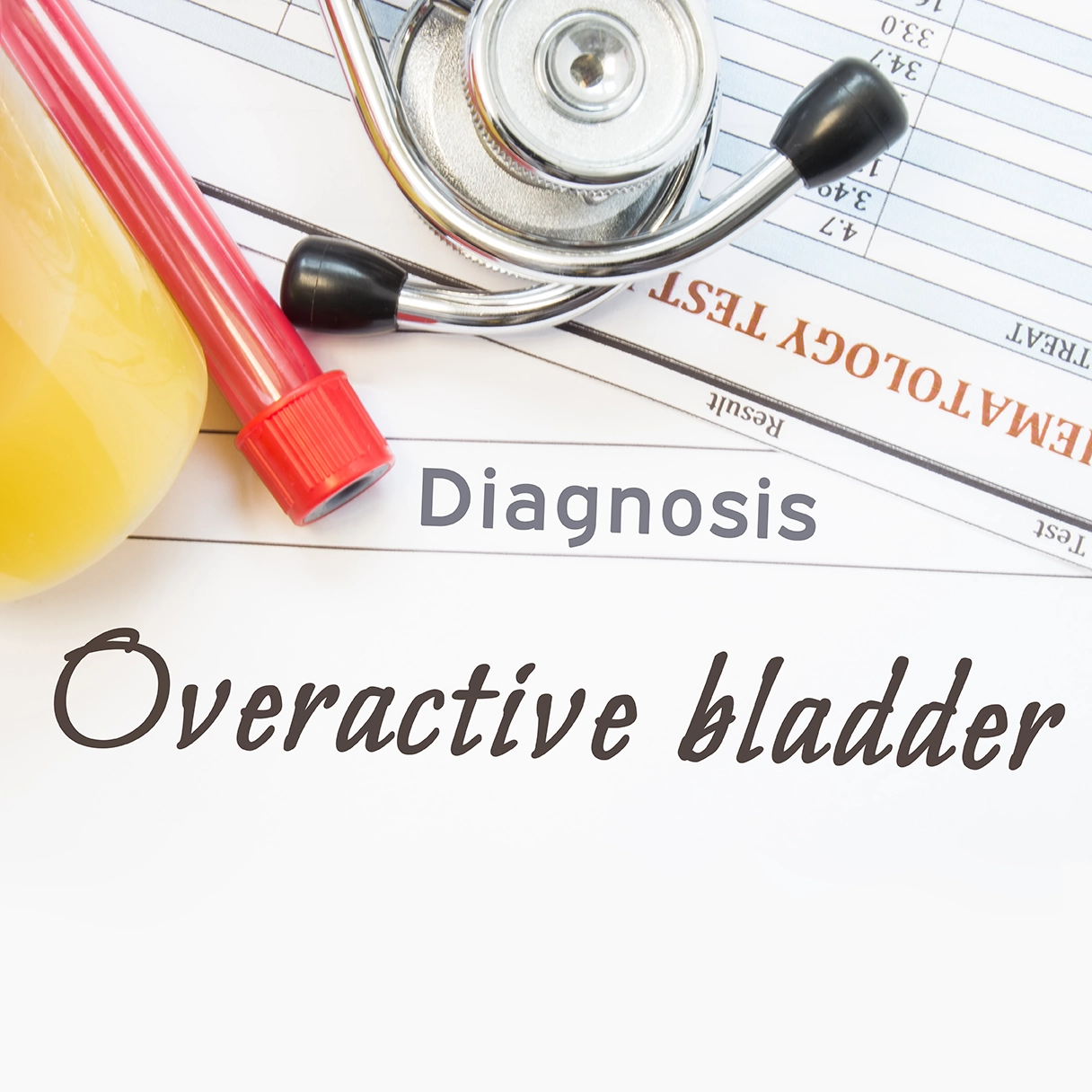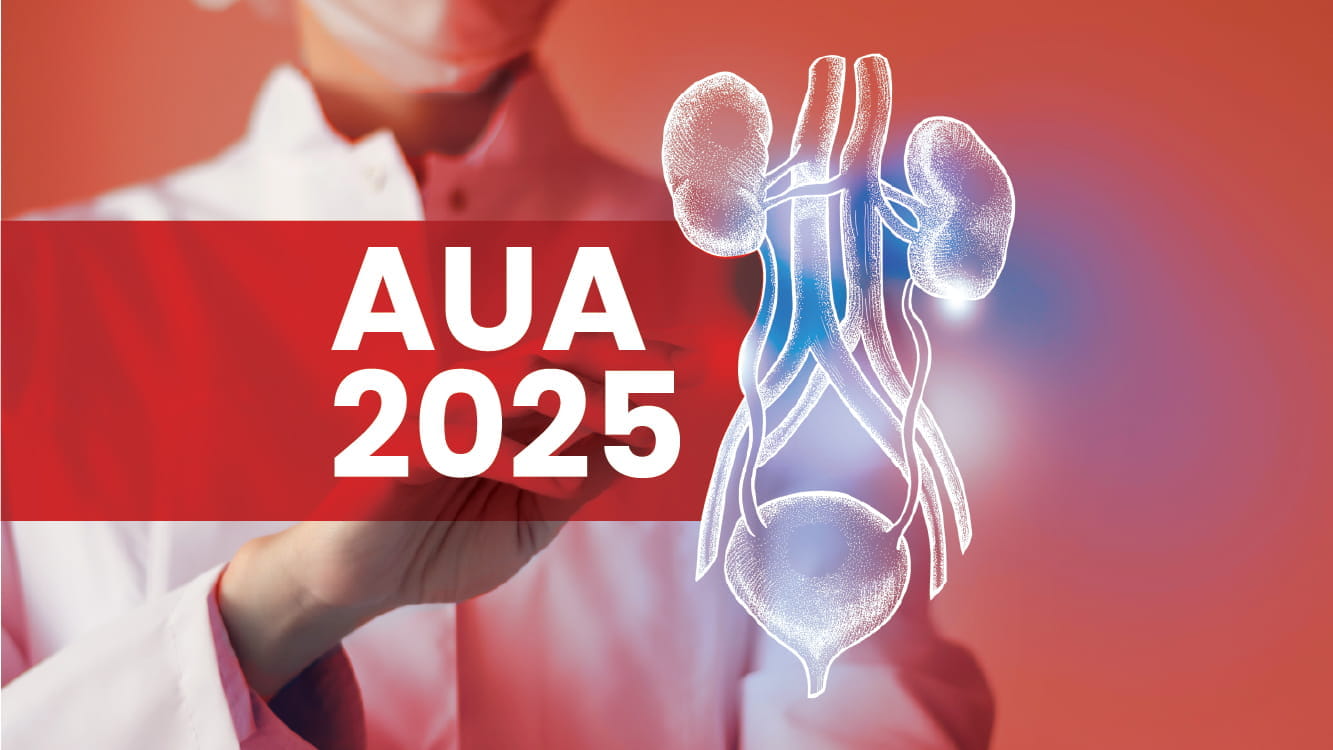EAU 2025: Mirabegron Propiverine Solifenacin for Treatment of Lower Urinary Tract Symptoms During Intravesical BCG Instillation: Prospective Randomized Controlled Trial
Introduction
To compare the efficacy of Mirabegron, Propiverine, and Solifenacin versus placebo for treatment of dysuria and storage symptoms during intravesical BCG therapy.
Materials and Methods
-
This was a blinded, computer-generated randomized controlled trial that involved patients who qualified for intravesical BCG immunotherapy and were classified as intermediate or high-risk for Non-Muscle Invasive Bladder Cancer (NMIBC).
-
Included in the eligibility criteria were patients suffering from ongoing dysuria and urinary storage issues for at least one month after finishing the initial BCG treatment.
-
The efficacy of Mirabegron, Propiverine, Solifenacin, and a placebo in alleviating dysuria was assessed using the Visual Analogue Score (VAS).
-
To evaluate the improvement of storage Lower Urinary Tract Symptoms (LUTS), changes in the Overactive Bladder Symptom Score (OABSS), along with the changes in Maximum Urine Flow Rate(Qmax) and Post-Void Residual Volume(PVR) were analyzed at a three-month follow-up.
Results
-
95 patients fulfilled the inclusion criteria and were allocated in the following categories:
-
Mirabegron- 20 patients
-
Propiverine- 21 patients
-
Solifenacin- 21 patients
-
Placebo- 22 patients
-
Comparisons between pairs indicated a notable decrease in the VAS for both Propiverine and Mirabegron in comparison to Solifenacin and the placebo(p = 0.001). There was no significant difference between Propiverine and Mirabegron (p = 0.9) or between Solifenacin and placebo (p = 0.8).
-
No significant changes were observed in Qmax or PVR across all groups (p = 0.4 and p = 0.9, respectively).
|
Group |
VAS Reduction (%) |
Median OABSS Improvement (Range) |
Significance (P-Value) |
|
Propiverine |
53% |
-4 (0 to -11) |
0.001 |
|
Mirabegron |
-- |
-3 (0 to -8) |
0.001 |
|
Solifenacin |
-- |
-1 (+3 to -6) |
0.8 |
|
Placebo |
5% |
-0.5 (+3 to -4) |
0.8 |
Conclusion
Propiverine and mirabegron provide comparable, efficient and successful management of dysuria and other BCG cystitis-related urinary symptoms. solifenacin provides no significant value over placebo.
European Association of Urology, 21-24 March 2025, Madrid, Spain




